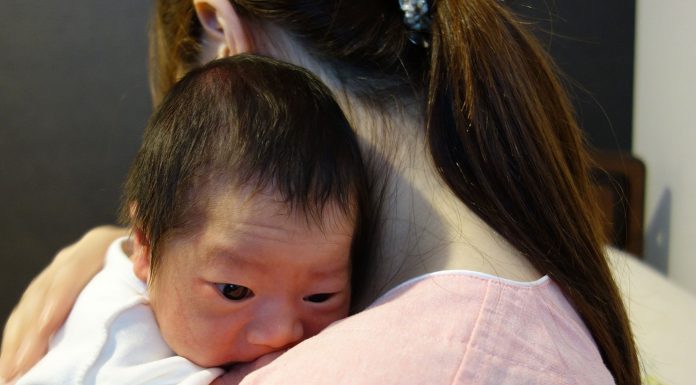Nurses will play an ‘enormously important’ role in helping meet the ageing baby boomers’ spiritual needs, says a researcher in ageing and spirituality.
Canberra-based Professor Bruce Stevens said nurses probably already provide more spiritual care to the elderly than chaplains, and should be supported in that role.
Stevens, a clinical psychologist, former Anglican minister and Director of the Centre for Ageing and Pastoral Studies at Charles Sturt University, is to be guest speaker at this year’s Selwyn Foundation 2017 Ageing and Spirituality Conference.
With the baby boomer generation starting to age Stevens believed that increasingly spiritual support in the wider sense, rather than just religious support, would be required by older people and nurses were well placed to deliver this.
“Nurses are probably more available at 3 o’clock in the morning when someone can’t sleep and is anxious about death approaching,” said Stevens.
“It seems to me enabling nurses to have spiritual caring conversations is enormously important,” says Stevens. “If nurses are trained, and encouraged to be sensitive in response to patients and residents I think that is absolutely the best way to go.”
He said the professor before him at the centre was a nurse and he believed nursing of all the health professions probably had the strongest emphasis on spirituality. “So it’s not a big leap.”
“Why should spirituality be owned by the church or chaplains in that formal way,” said Stevens. “Though sometimes it is important for them to have some input but I think we need a multi-point entrance (to spiritual care).”
Stevens believed it would be helpful for nurses to have some basic training to essentially “give them permission” to provide spiritual care.
“Nurses are human beings, people who need spiritual care are human beings.” He said what unites people is a common humanity not a set of religious beliefs.
“I think feeling the impending threat of death or being lonely and desolate before God is a human condition. I think it’s our humanity that qualifies us, not a set of beliefs or theological training.
“It (spiritual care) is mainly just giving people permission to have conversations and that is surely of enormous value rather than some theological doctrine,” said Stevens. “And that works whether a person is Hindu, Islamic, Christian of any of the infinite number of denominational allegiances, or an atheist or an agnostic.”
“I think that’s the real hope for spiritual care – having a culture in which people can have spiritual conversations.”
Religious support still has its place
He also said while the majority of today’s older patients and aged care residents had had religious upbringings and often identified with a particular religious denomination – this was changing. “I think the baby boomers are signally a ground shift from that because they are less interested in religious allegiance and probably would want something more spiritual.” He said religion was also seen to be “carrying a lot of baggage” including being too dogmatic and too closely associated with traditional values – though he believed a lot of that ‘baggage’ was unfair and pointed out that lot of good was done in the aged care sector by church denominations and religious support still had a role to play.
But he also believed spirituality had to reinvent himself and he had written a paper on using mindfulness groups in aged care facilities.
“And that would seem to me a very appropriate response to baby boomers – because they are probably less interested in going to an Anglican worship service but might be interested in gaining some of the benefits of spirituality by attending a mindfulness group that could be lead by the activity director. It just opens whole new ways of incorporating the benefits of spirituality without perhaps attaching the ‘baggage’ that could block it.”
Self-compassion also important
Stevens also believes people providing care –either as a professional or personal carer – need to be self-compassionate to themselves.
“We are dealing with a group of people who are highly responsible – and highly responsible people tend to be hard on themselves,” he said. “The carers are often beating themselves up for being simply human. That idea of self-compassion is very freeing. When we listen to the messages we are sending ourselves and start to critically evaluate and ask whether it (these messages) are driving our low self-esteem or our depression.”
Life Tasks model of positive ageing
One of Stevens’ addresses to the 2017 Ageing and Spirtuality conference will be on a “Life Tasks” model of ageing he is developing.
He says it is built on the idea of ageing offering people the final opportunity to finish their spiritual growth.
This included looking at the ‘implicit’ or unconscious learning or messages people take on as part of their life that influences their wellbeing or approach to life. He said an example would be Princess Diana – who appeared to have a very low self-esteem and sense of self worth – despite so many people looking at her life with envy.
Stevens said coming to terms with the ‘implicit’ learning influence your life is appropriate at any age but it is the last opportunity when we are older.
The Selwyn Foundation’s 2017 Ageing and Spirituality conference is being held in Auckland on September 1. More information is available here






















